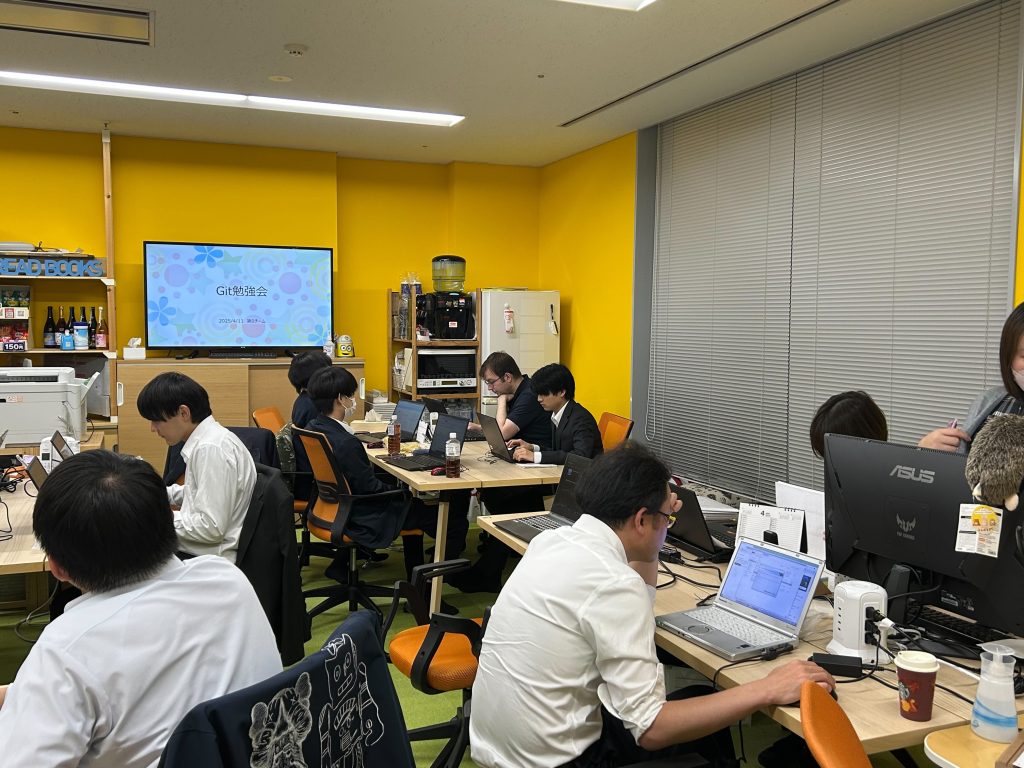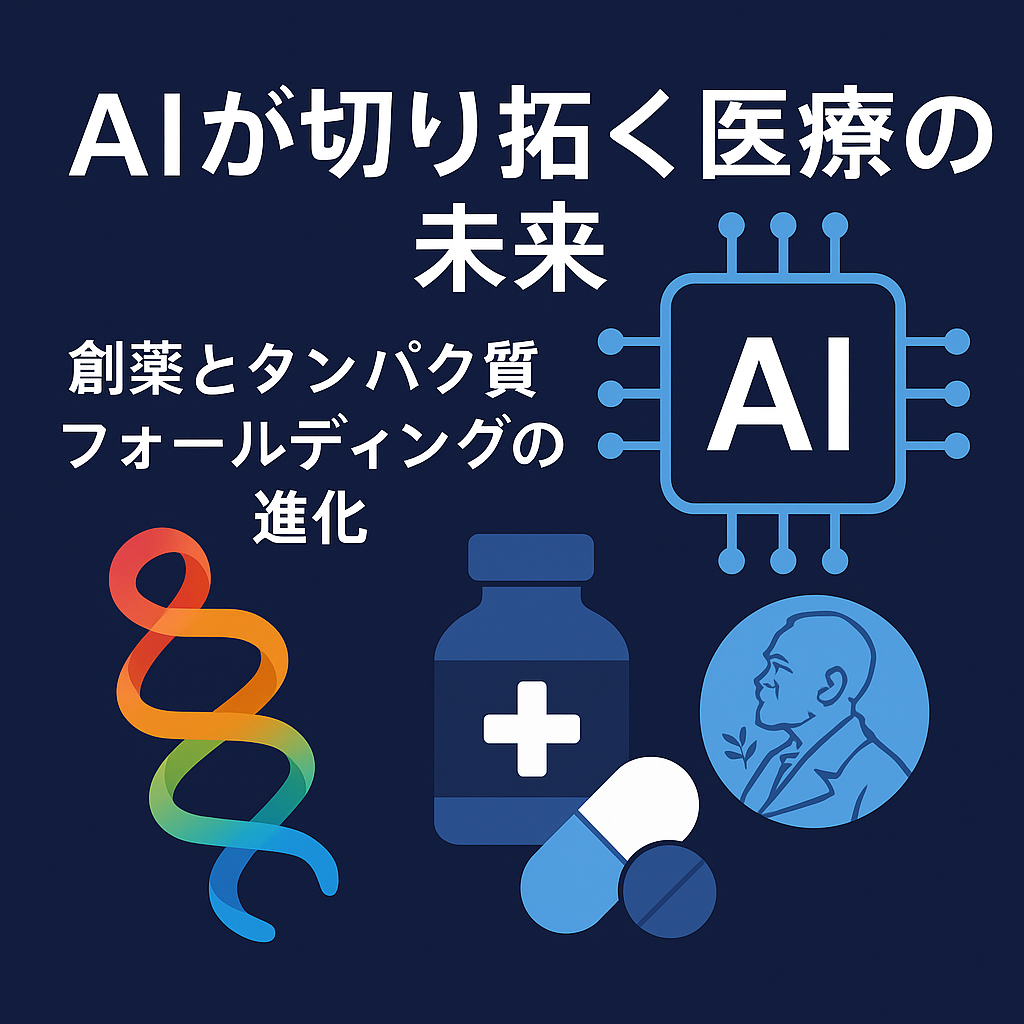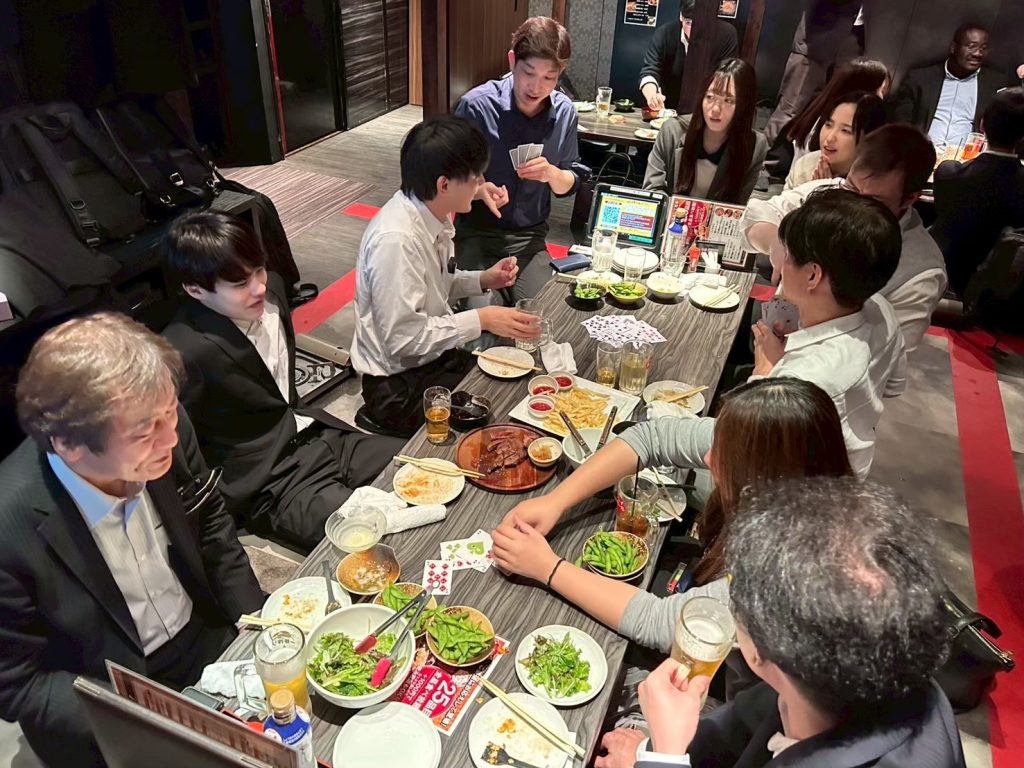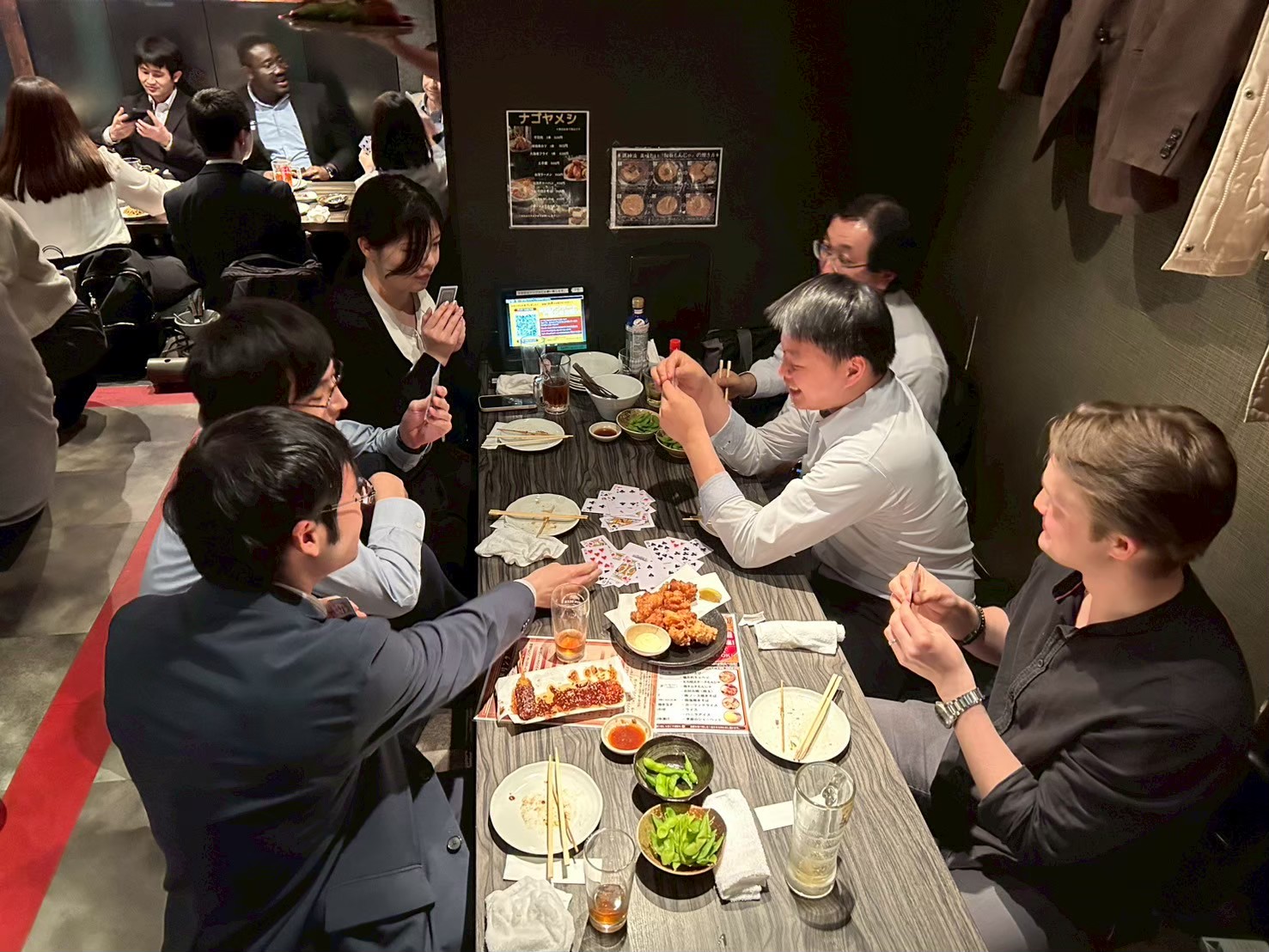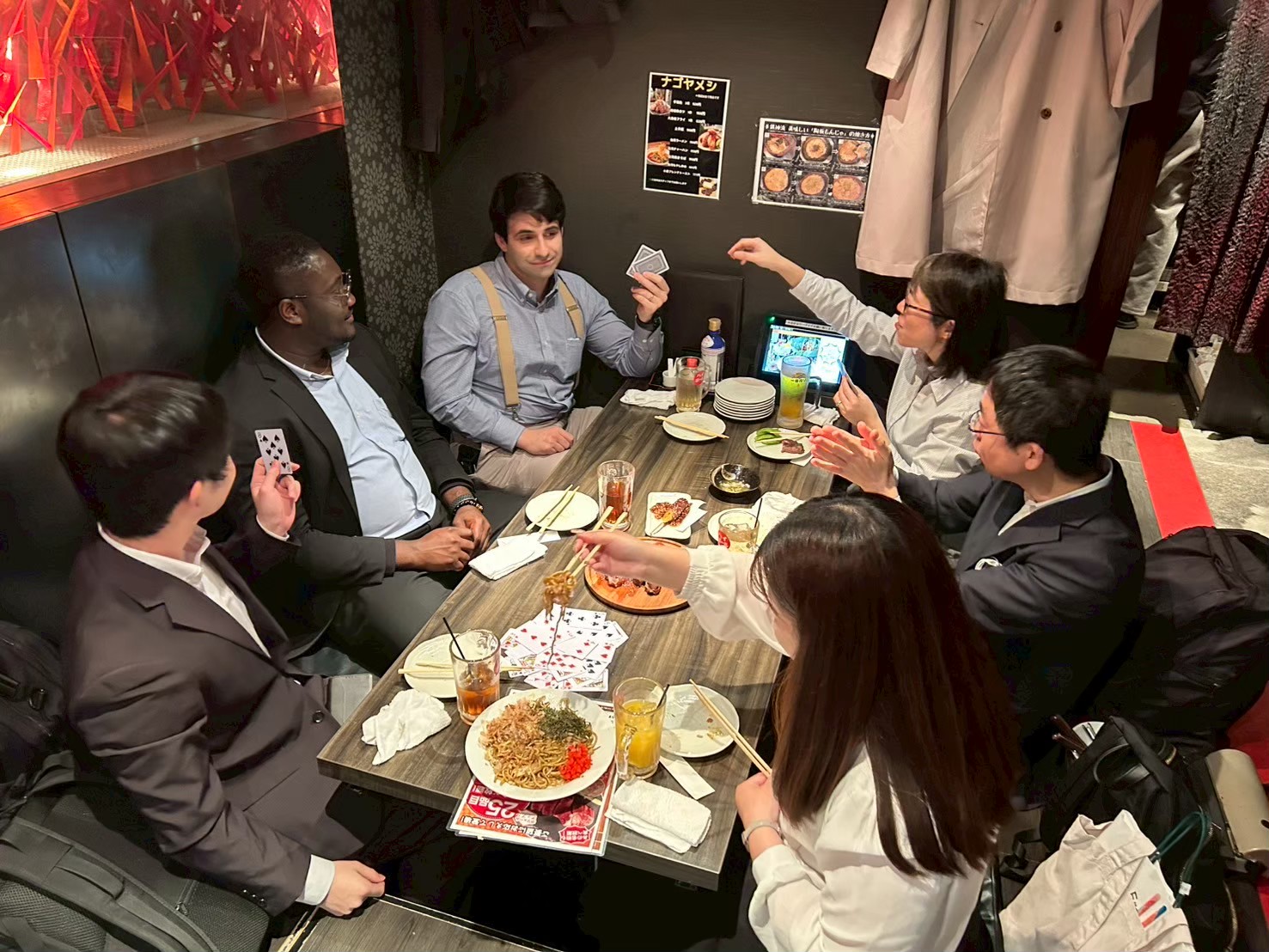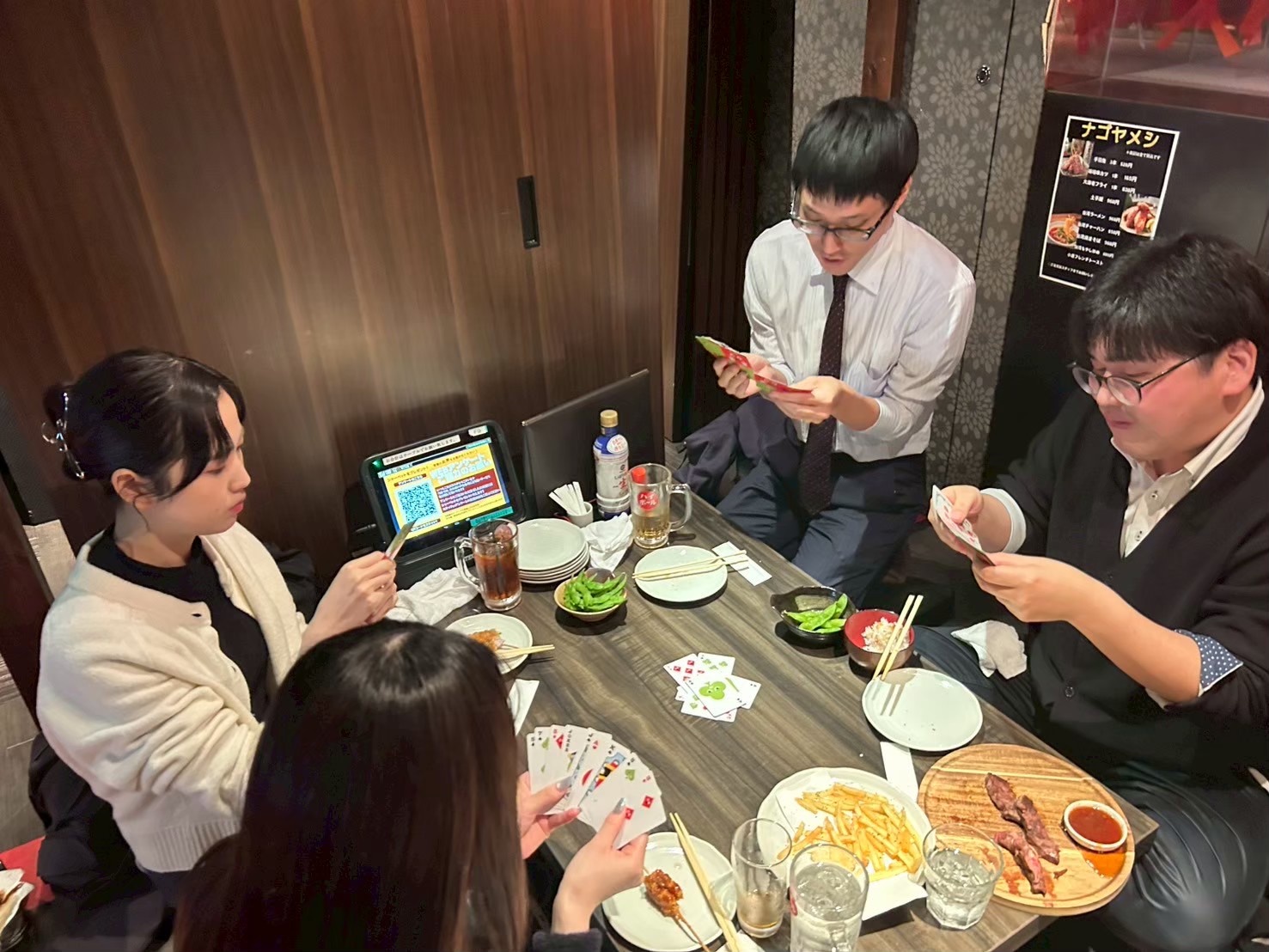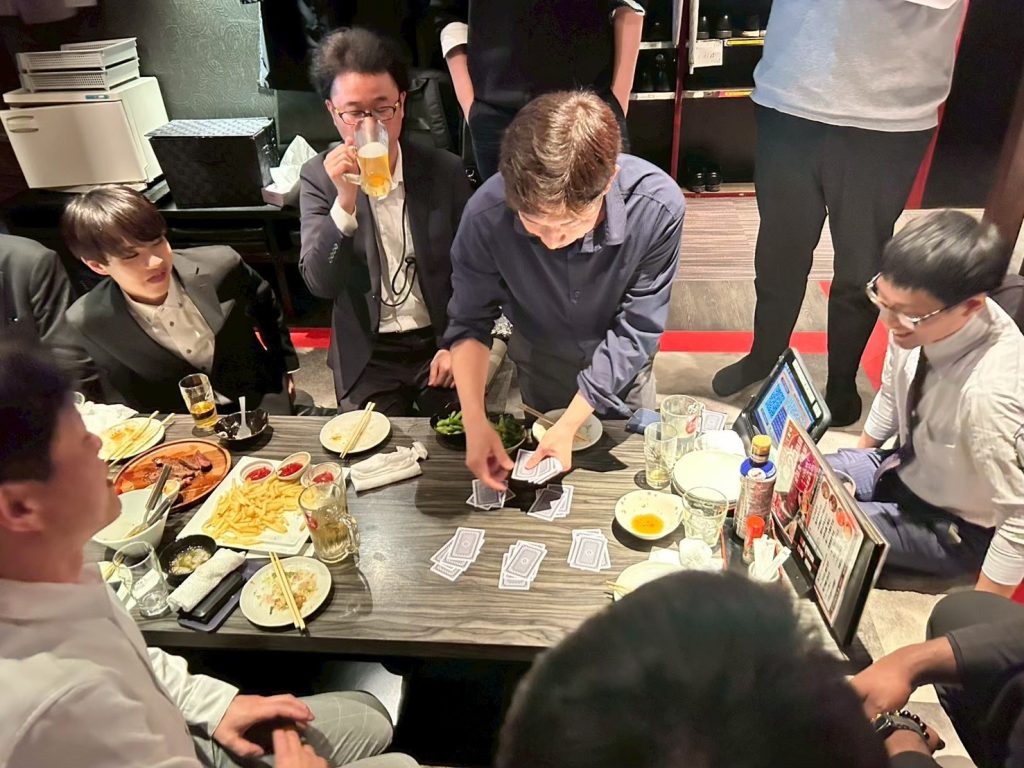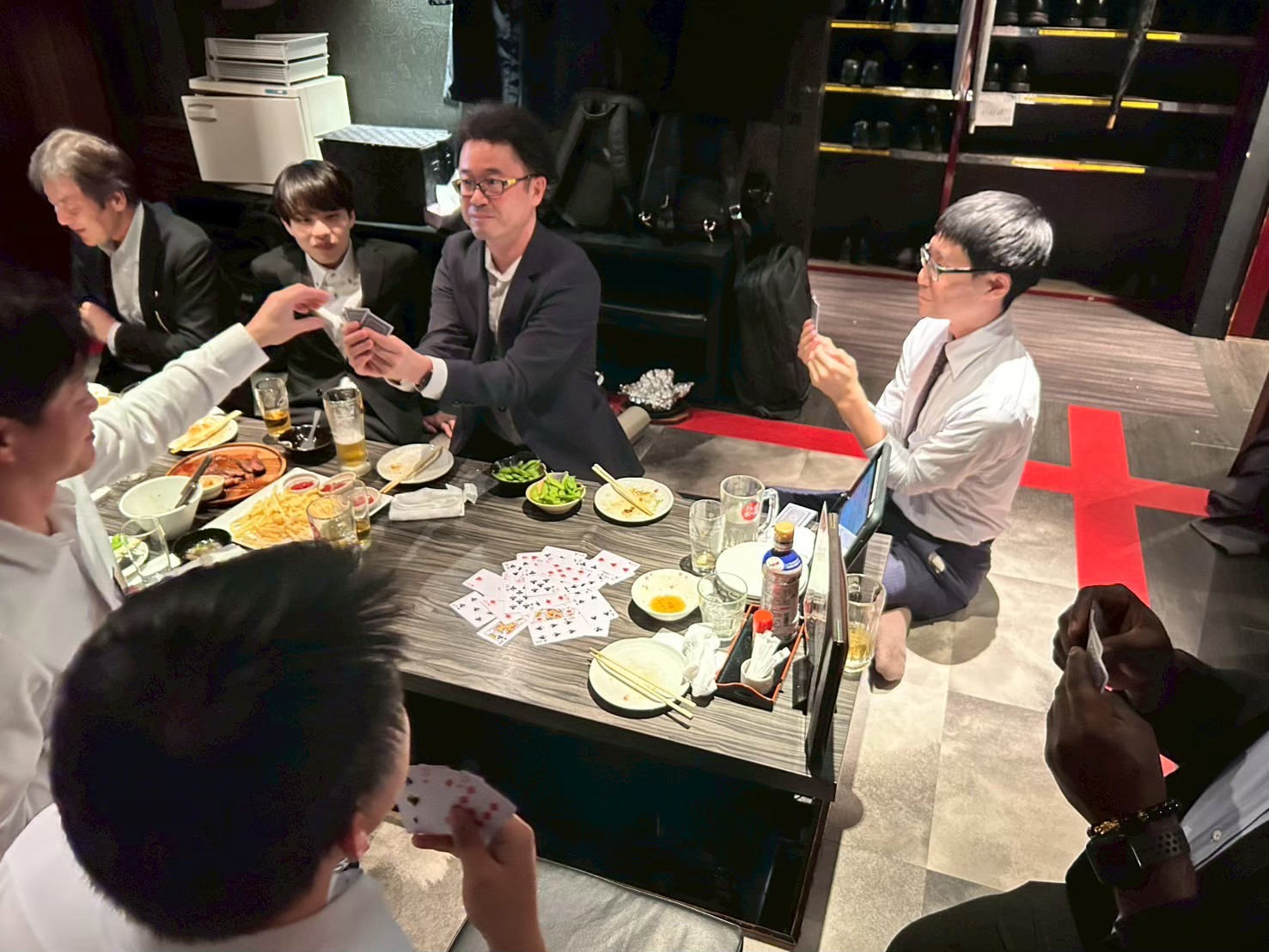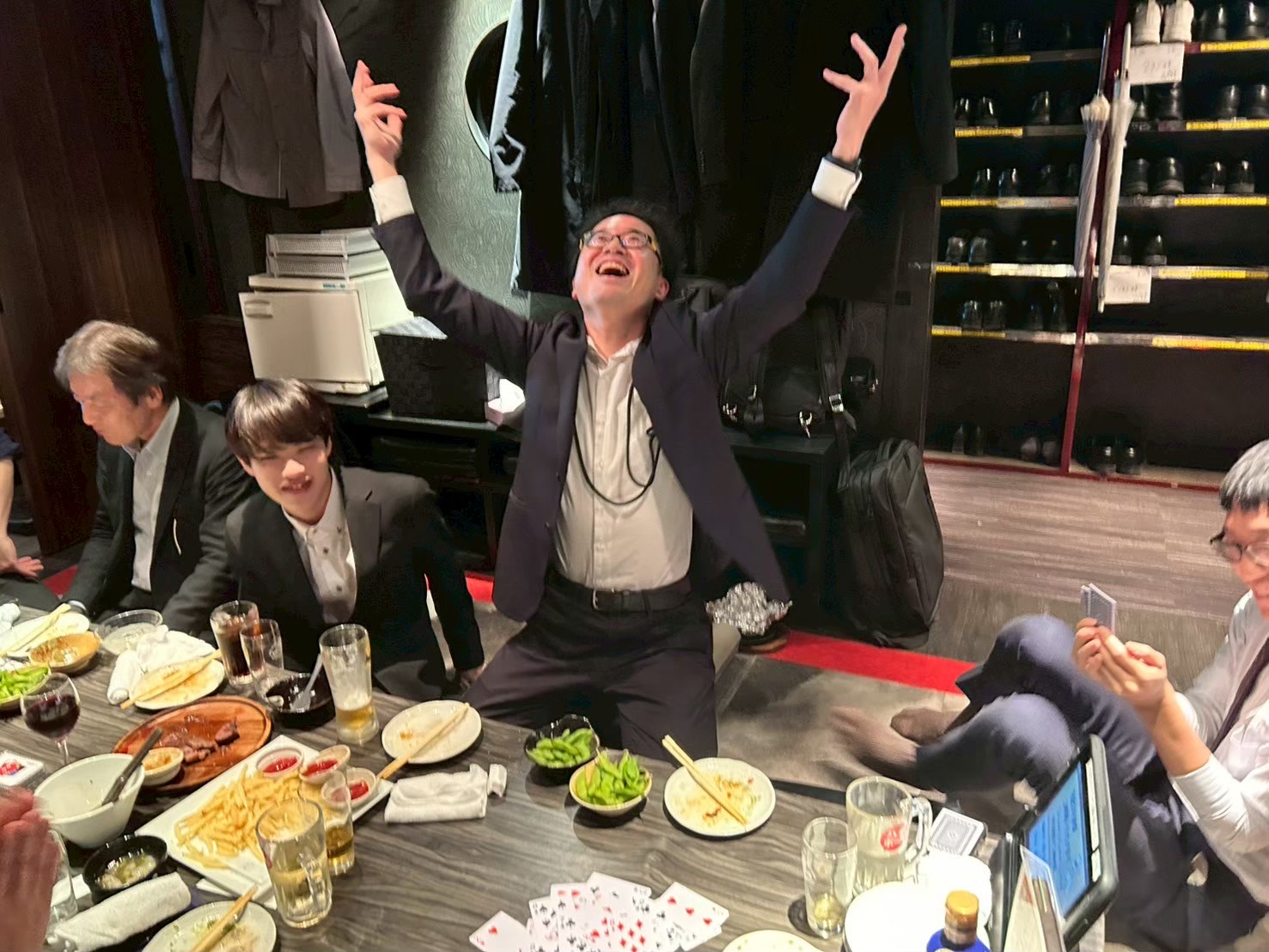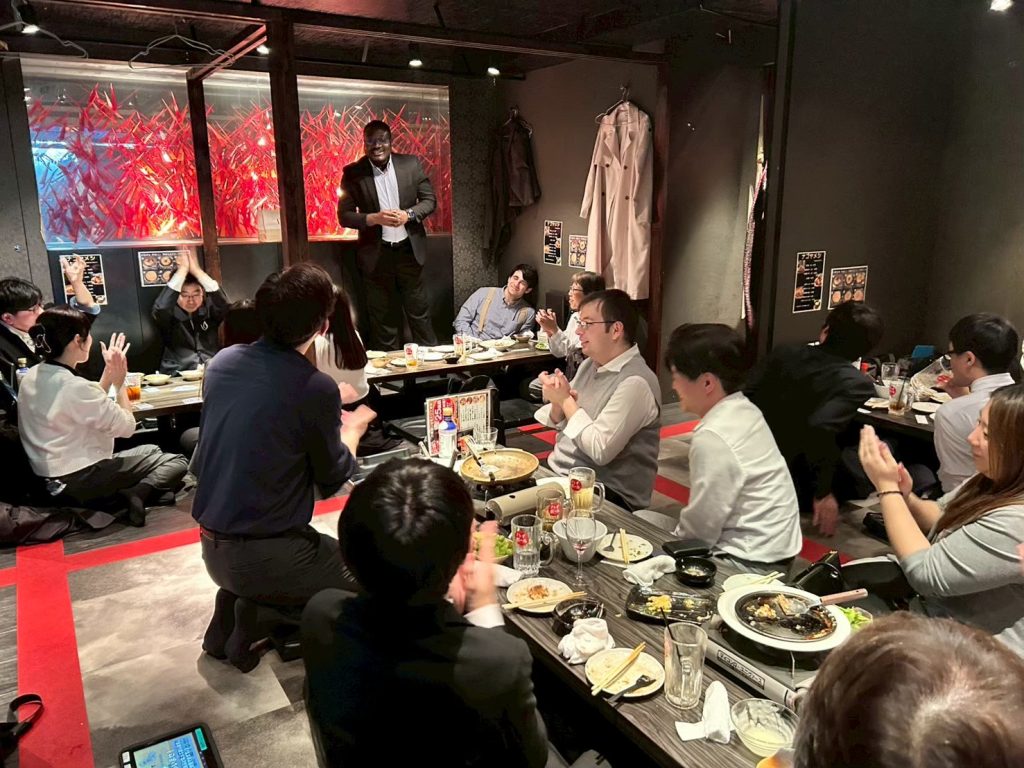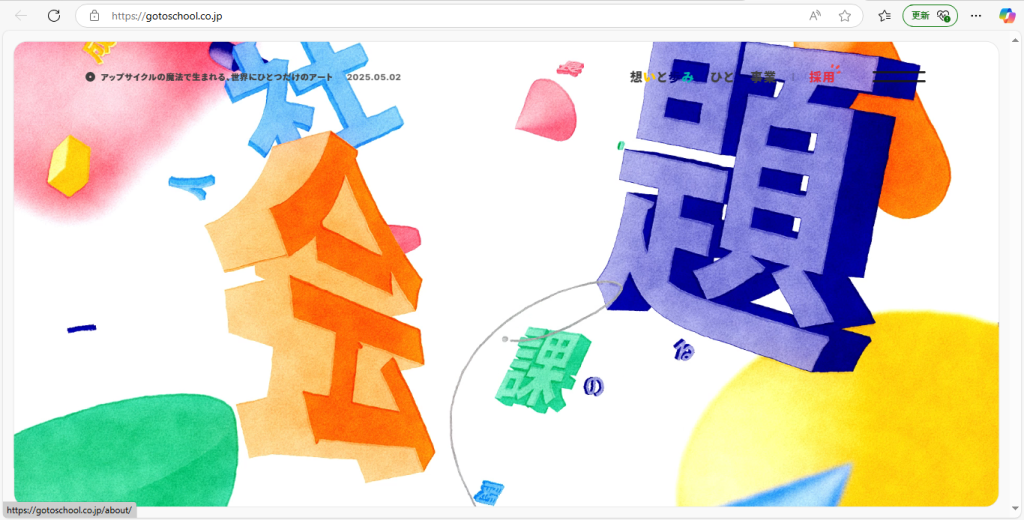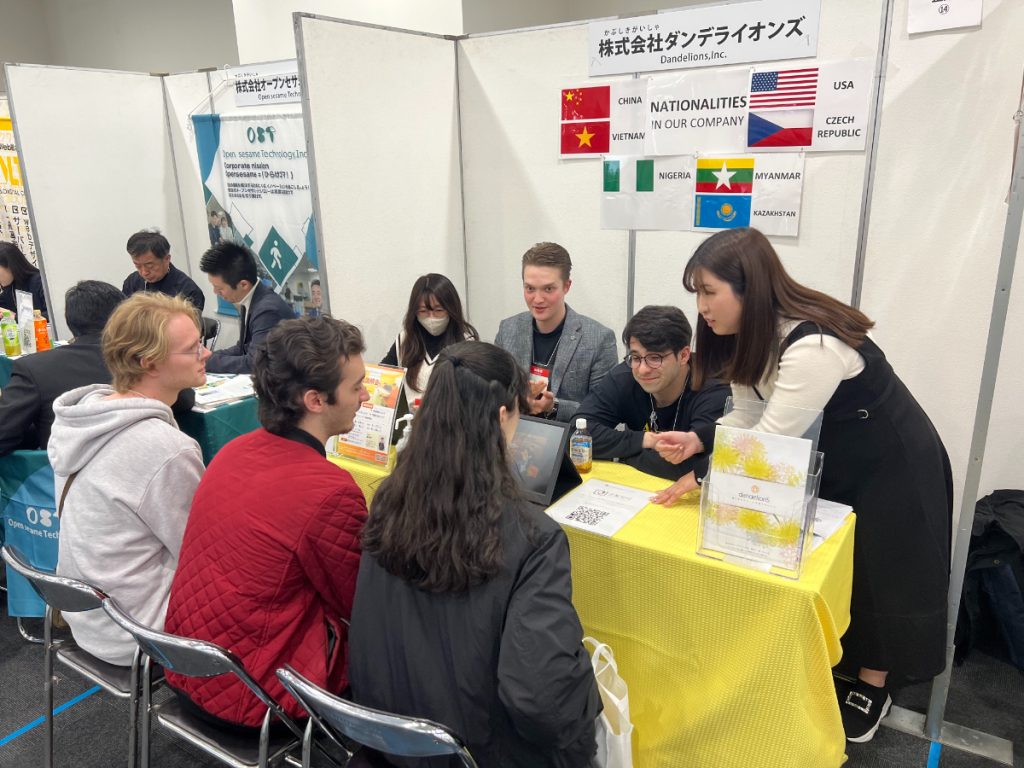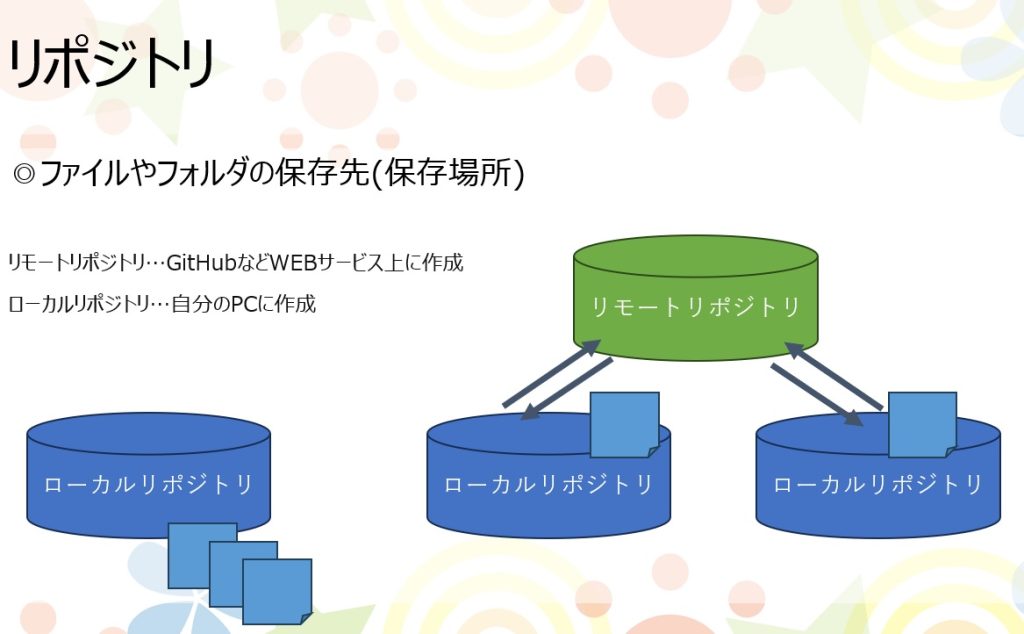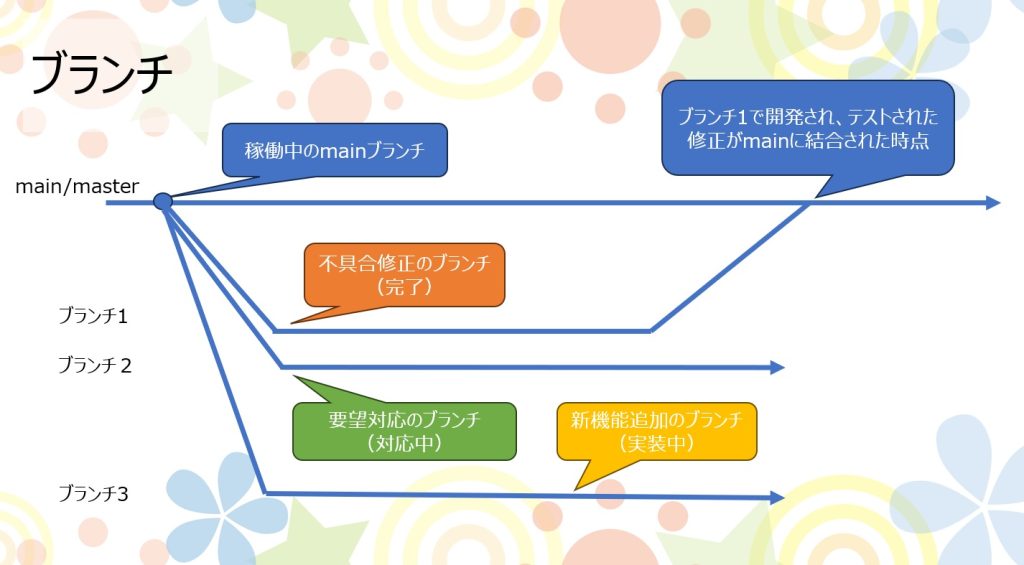
Thank you for visiting. This is Hachi from “Team 1”.
Today, I’d like to share with you what happened at the Oral Care Seminar held on Friday, March 28.
On the day of the event, Ms. Haruka Terai from Lion Corporation and dental hygienist Ms. Aya Yamada kindly provided us with a variety of explanations.
First, the results of a pre-seminar internal survey were shared. Surprisingly, only a small number of people regularly visit the dentist, and less than half of the respondents engage in oral care beyond daily tooth brushing. I was startled myself, as I hadn’t been to the dentist in quite a while either.
One particularly interesting survey result was the response to the question, “What do you wish you had done while still working?” “Dental care” ranked among the top answers. When we’re young, we tend not to think much about oral health, but the results highlighted how putting it off could lead to regrets later on.
I had heard of the slogan from the “8020 campaign,” which aims to keep 20 teeth by age 80, but recently there’s a new one: “6028.” In order to eat hard foods, you need a certain number of teeth, and once you lose them, it becomes difficult to eat those foods. The key takeaway was that maintaining your teeth is essential if you want to continue enjoying the foods you love, no matter your age.
The seminar also covered the connection between oral health and systemic diseases. Many participants were surprised to learn how closely oral conditions are linked to a wide range of overall health issues. The idea that the condition of your mouth directly affects your entire body’s health was something I hadn’t given much thought to before, and it left a strong impression on me.
In addition, we received careful guidance on how to brush teeth properly, how to choose the right toothbrush, how to use toothpaste, and how to handle oral care products. There are small tips—like how to hold the toothbrush and how much pressure to apply—that can make a difference. I was also surprised to learn that there’s an appropriate amount of fluoride toothpaste to use for maximum effectiveness. By following these key points, we can significantly improve the effectiveness of our daily tooth brushing.

At the end, they kindly answered a few questions. Some of the topics included the difference between expensive and inexpensive toothbrushes, as well as the differences between electric and manual toothbrushes. Since everyone’s oral condition is different, there’s no single “correct” toothbrush—it’s important to choose one that suits your own needs. That was an important realization for me.
After the seminar, I immediately tried out some of the recommended care products. It actually made my usual tooth brushing routine feel more enjoyable. Brushing teeth is something we do every day without much thought, but this seminar made me feel like it might be a good time to finally visit the dentist again after a long break.
How about you? Why not take this opportunity to reconsider your own dental health?

